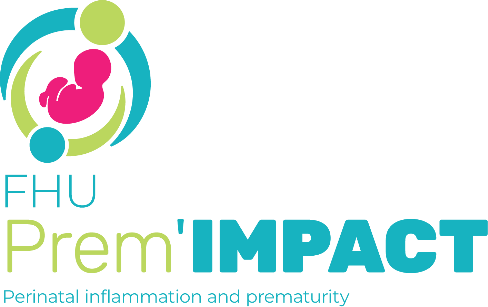Abstract
Respiratory syncytial virus (RSV) is a leading cause of infant morbidity. France has implemented a national campaign using nirsevimab to prevent RSV-related infections in infants. This study assessed its effectiveness in preventing hospitalization due to bronchiolitis in emergency department (ED). This retrospective study was conducted among six pediatric EDs in the Greater Paris area, France, and included infants aged < 3 months with a clinical diagnosis of bronchiolitis during the 2023-2024 RSV epidemic season. The primary outcome was hospitalization after the ED visits. The association with nirsevimab immunization was assessed using a multiple logistic model adjusted for potential confounding factors, with missing data handled using random forest imputation. Secondary analyses examined the risk of admission to the pediatric intensive care unit (PICU), RSV positivity, and subgroup analyses of prematurity, neonates, and deprivation using the FDep index (area-based measure of social deprivation in France). Between October 2 and December 31, 2023, 739 infants were included in the study. A total of 531 (72%) patients had a documented nirsevimab immunization status, and 402 (54%) were hospitalized following a bronchiolitis diagnosis. Nirsevimab showed 53.5% adjusted effectiveness in reducing hospitalizations (95% CI 34.1-67.3). Sensitivity analyses of complete-case data and propensity score matching yielded similar results. Nirsevimab also resulted in 51.1% reduction in PICU admissions (95% CI 10.7-74.3) and 79.6% reduction in RSV positivity (95% CI 68.0-87.1). The protective effect of immunization was consistent for preterm infants, neonates, and deprived groups, though the results were not statistically significant in these smaller subgroups.
Conclusions: Immunization with nirsevimab reduced hospitalization following an ED visit for bronchiolitis among infants aged < 3 months.
What is known: • Nirsevimab reduces the risk of bronchiolitis-related hospitalizations in clinical trials. • Real-world data from the immunization campaign in France remain limited.
What is new: • Nirsevimab showed 53.5% (95% CI 34.1-67.3) adjusted effectiveness in reducing hospitalizations for all-cause bronchiolitis in infants aged < 3 months in emergency departments. • Analyses included social deprivation and highlighted potential disparities in immunization access.
Keywords: Bronchiolitis; Immunization; Nirsevimab; Pediatric; RSV
